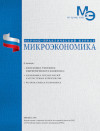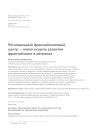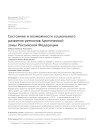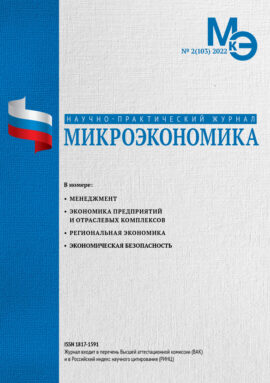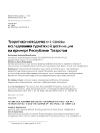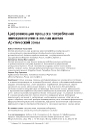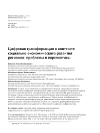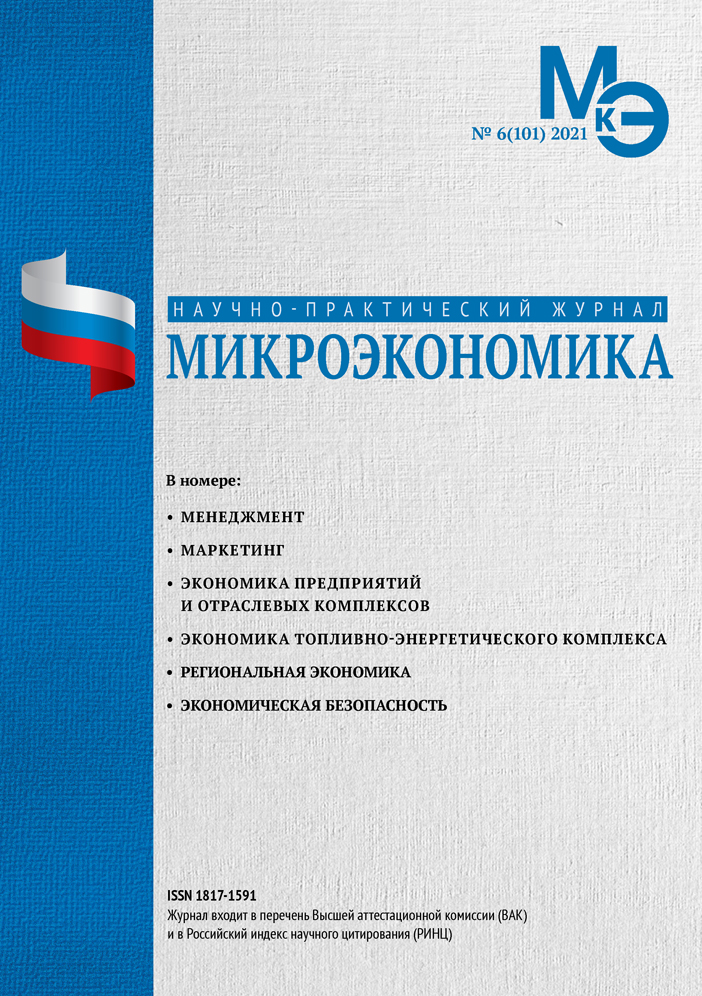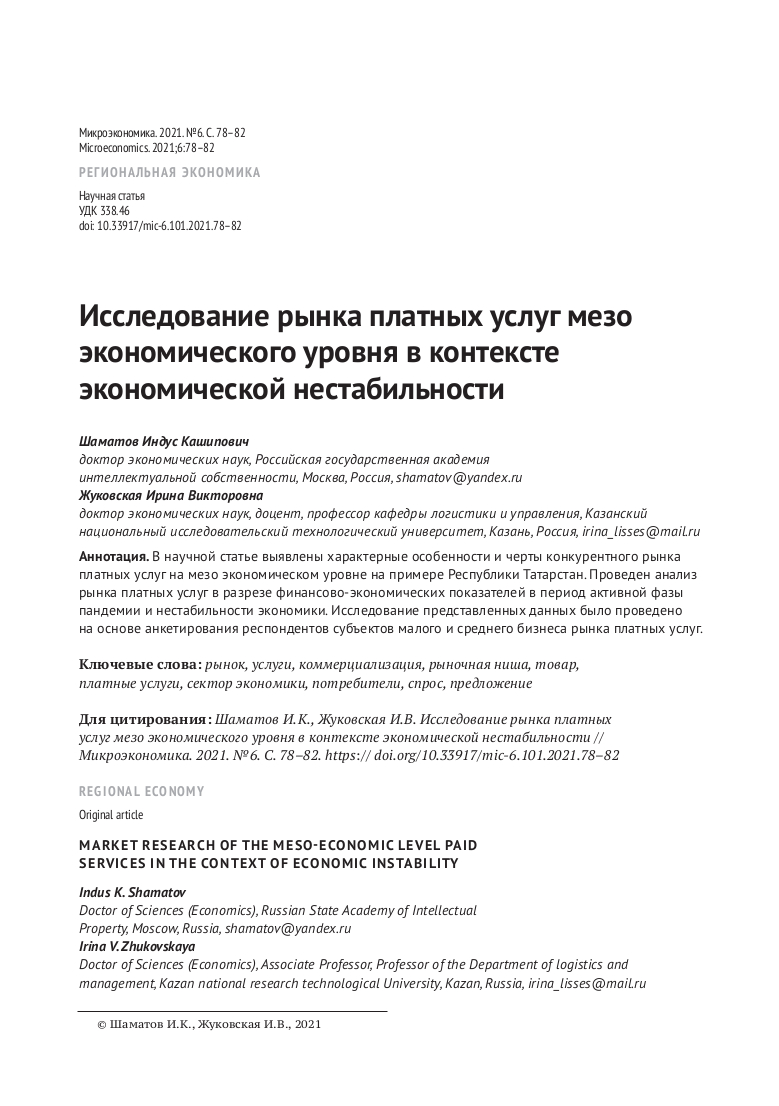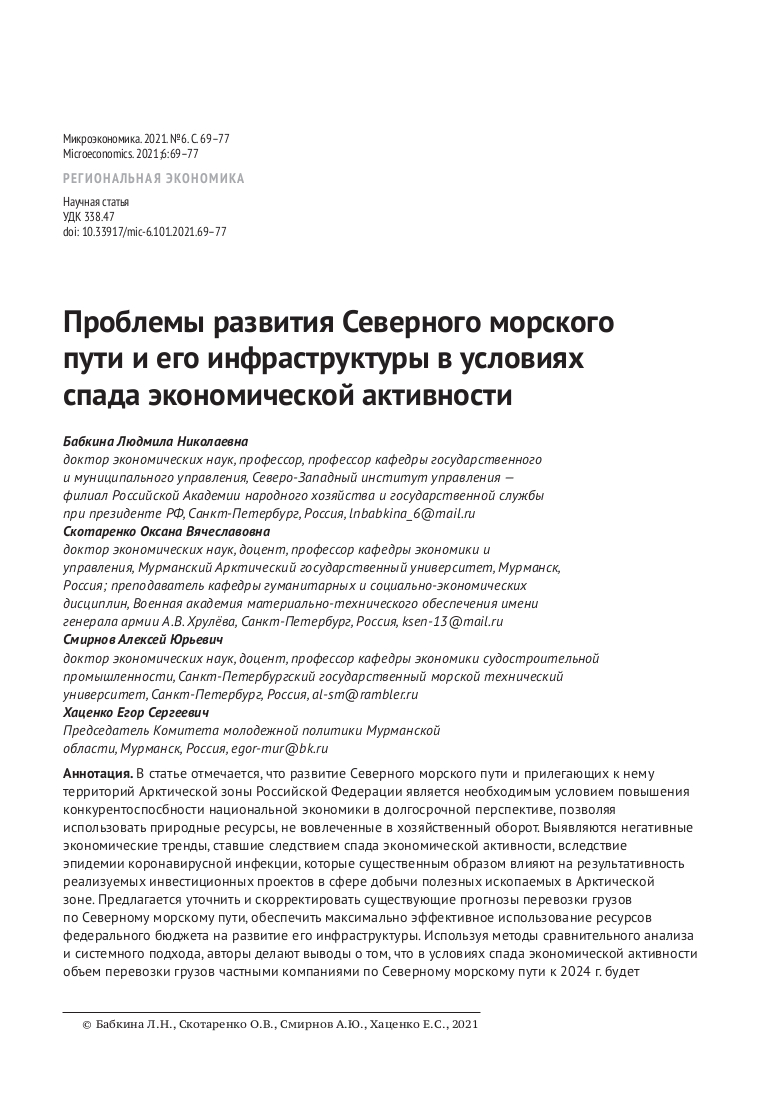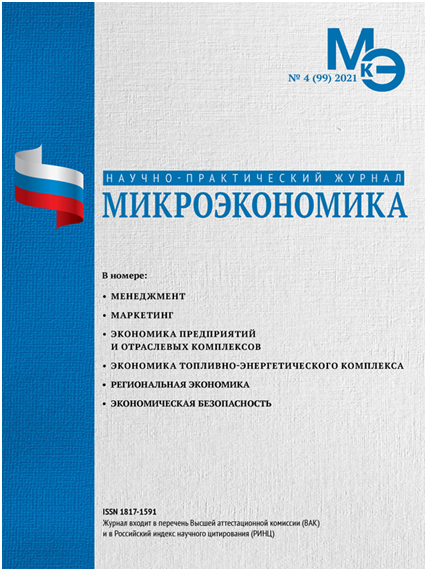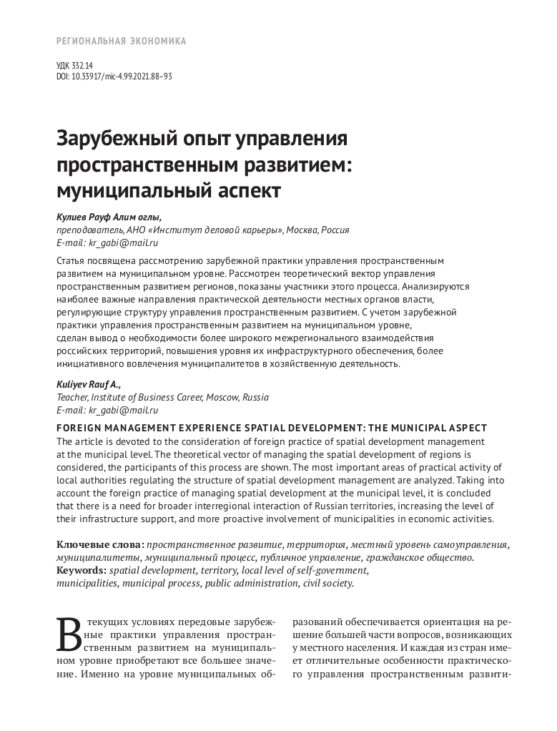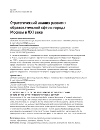Regional franchising center is a new model for the development of franchising in regions
DOI: 10.33917/mic-3.104.2022.75-86
Franchising has become popular only in recent decades. This form of entrepreneurship is increasingly used in various sectors of the economy, especially in retail and catering. According to official data, more than 70% of this type of entrepreneurial activity falls on regional franchising. The article analyzes the features of the development of regional franchising, evaluates the initiatives of individual regions to introduce franchising. A unified concept of the creation and functioning of a regional franchising center is proposed, the goals and objectives of its creation are determined, which are mainly aimed at systematizing and synchronizing work on business development in the region.
References:
1. Abdurakhmonova T.D. Prospects for the development of a franchise agreement in the CIS countries. Journal «Legal Bulletin». 2020;4 (4): 44-48.
2. Mikhailova L. Prospects for the development of new forms of franchising. WORLD: Modernization. Innovation. Development. 2017;4:585-591.
3. Ryzhykh A. I., Bocharova V. G. Systematic use of marketing tools in franchising in the context of digitalization. Journal «Economics of Sustainable Development». 2021;4(48):161-164.
4. Solovova L. Free franchising as an alternative to classical franchising. WORLD: Modernization. Innovation. Development. 2016;7((4 (28)):71-75.
5. Shakhova M., Mikhailova L. Modern trends in franchising. Scientific Review. 2017;20:119-124.
6. Yuritsin A.A. Franchising and commercial concession agreement. Results and prospects of legal regulation. Yustitsinform Publishing House, 2018. 264 p.
7. Alon I., Lattemann C. Tchibo Goes Global: Implementing a Hybrid Franchising Strategy at Germany’s Leading Coffee Retailer. Global Business and Organizational Excellence. 2016;2:18-30.
8. Fredriks J.W. S. et al. Modeling a technology push by using hybrid franchising // International Journal of Entrepreneurship and Small Business. 2014;1:64-88.
9. Terry A., Di Lernia C. Quasi-Franchising: A New Model for Strategic Business Cooperation’ in Network Governance: Alliances, Cooperatives and Franchise Chains, ed. Ehrmann T., Windsperger J., Cliquet G., Hendrikse G. Physica-Verlag, Berlin, Germany. 2013. pp. 26-86.
10. Catering franchises. URL: https://businessmens.ru/franchise/food, https://businessmens.ru/franchise/rating
11. Green House coffee shop franchise. URL: https://grnhs.biz
12. Maxim Confectionery Franchise, March 17, 2017. URL: https://maxim-rest.ru/novosti/konditerii-maksim/franshiza-konditerii-maksim
13. Franchising portal. URL: https://franchiza.ru
14. Business catalog. URL: https://businessmens.ru/franchise/jumanji-1906
15. Department of Consumer Market and Tourism of the Tyumen Region, 2013. The Tyumen Region plans to develop regional franchising, April 17, 2013. URL: https://admtyumen.ru/ogv_ru/finance/consumer_market/news/more.htm?id=11021727@egNews


